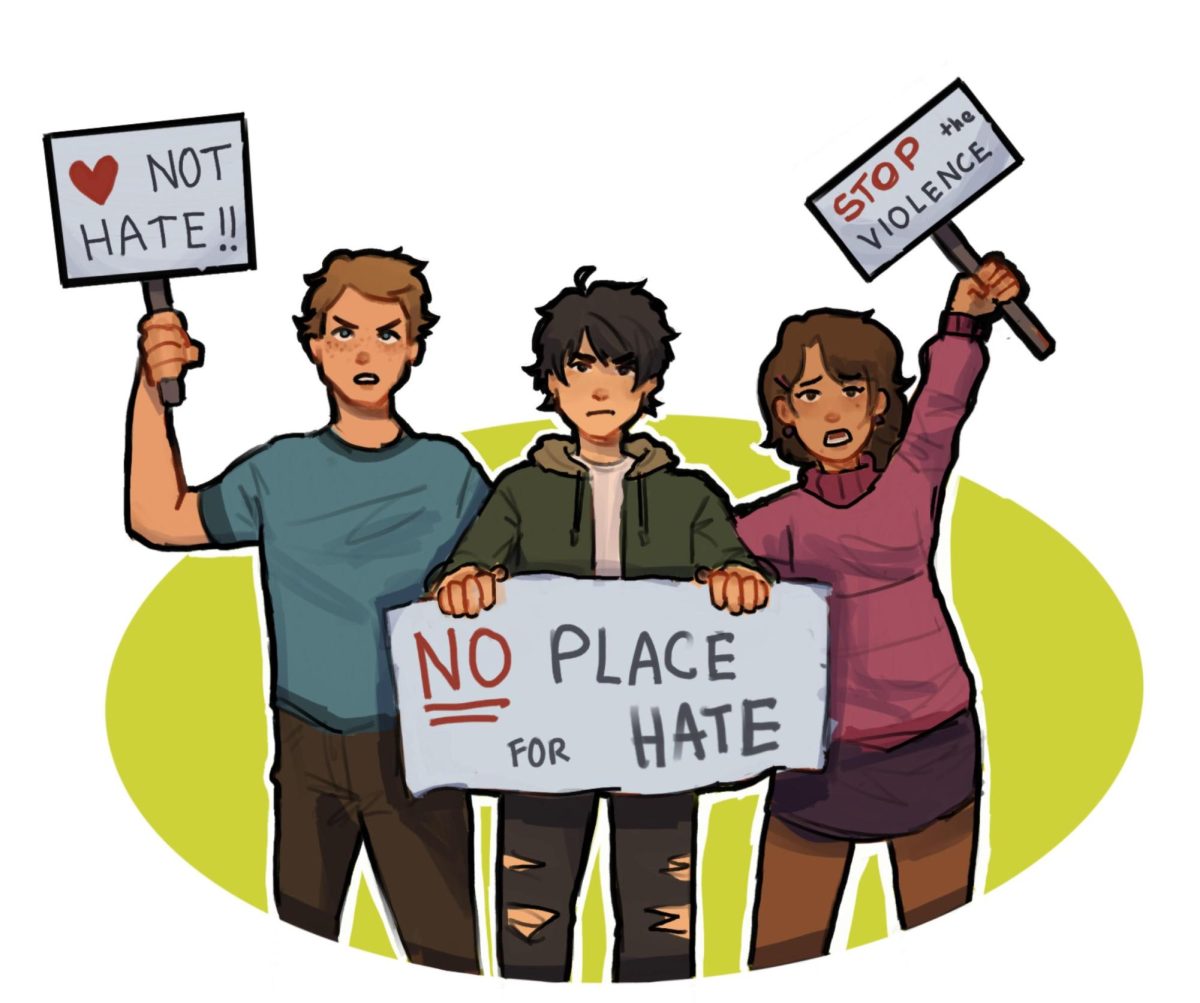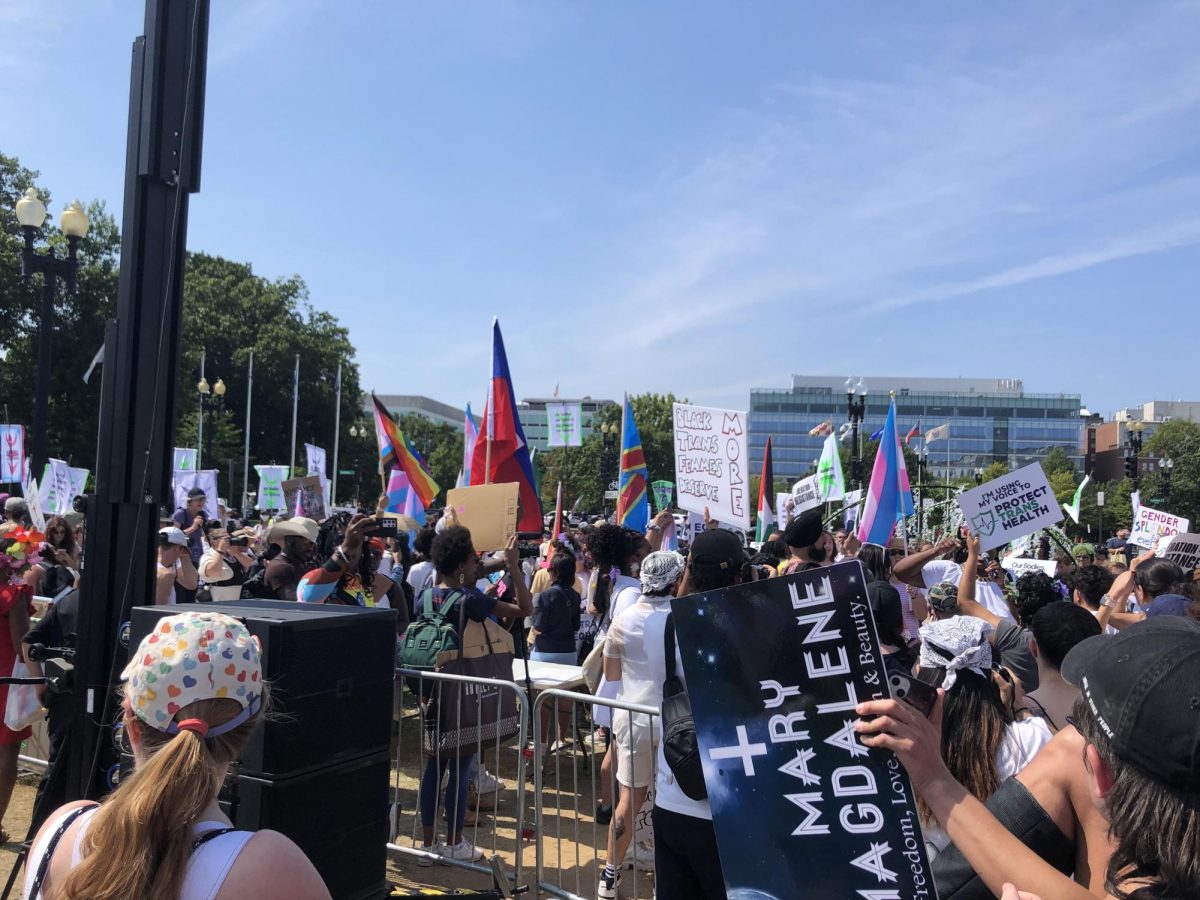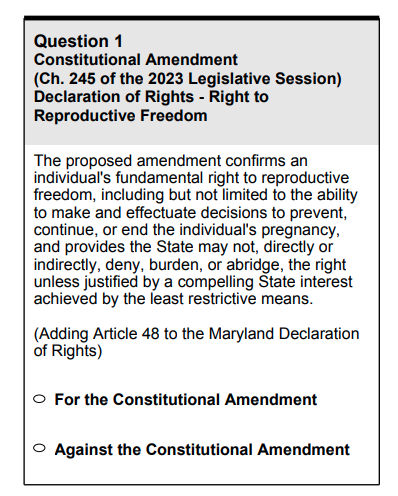In the recent election, eight red states–Idaho, Iowa, Kentucky, Missouri, North Carolina, South Carolina, Oklahoma and Wisoncsin–passed constitutional amendments explicitly banning non-citizen voting.
Before these amendments were passed, non-citizen voting was already banned in all states, with only a few exceptions in local elections. These amendments simply shifted the language of those states’ constitutions to make it explicit that non-citizens cannot vote. It changed phrasing from language such as “every citizen” can vote to “only citizens” can vote.
This change is interpreted by many as part of a larger Republican political strategy meant to inflate Americans’ perception of voter fraud, its intention to reinforce the false narrative that non-citizens are illegally voting in elections for democrats. Donald Trump has been spreading this narrative since 2020, claiming voter fraud is what lost him the election that year. He continued to restate this conspiracy throughout his 2024 presidential campaign. Experts have found no evidence of such voter fraud.
These amendments not only reinforce false claims of voter fraud, but are reflective of the increasing xenophobia across the United States. Immigrant-centered hate is not by any means new to the USA, but in recent years it has grown dramatically. According to the Center for the Study of Hate and Extremism at California State University, Latinos–who make up 66% of the undocumented immigrant population–faced an average 22% increase in hate crimes in major cities in 2022.
President Trump has been a significant contributor to this xenophobia. From his viral statement that Haitian immigrants were eating cats and dogs, to his continuous claims that immigrants are “poisoning the blood of our country,” his personal convictions are far from hidden.
Beyond the ethical issues with increasing hate, immigrants are a crucial part of the United States. Most economists agree that immigrants are beneficial for the economy as they grow the size of the labor force and increase consumer demand. Immigrants also make up a significant portion of the United States population; The American Immigration Council states that “13.8 percent of the nation’s residents are foreign-born, more than half of whom are naturalized citizens.”
As a whole, the citizenship process is also controversial.
“The legal process to get citizenship takes way too long,” junior Babitha Karre said, “I know a lot of people who’ve been here since they were like five years old, but they still don’t have citizenship even though they basically grew up here.”
A legal resident of the U.S is not necessarily a citizen, and although they are legal, they aren’t eligible to vote. The process to become a citizen after immigrating to the United States can be long and near impossible, making it difficult to vote even as a legal resident.
According to the Library of Congress Federal Research Commission, from 2015 to 2019, only 9.3 percent of the over 8 million immigrants eligible to become citizens were able to do so. The most common reason cited for residents of the United States not naturalizing was the monetary charge associated with the application. The price to become a citizen acts as a barrier to many who may want to naturalize. In fact, according to a study done by the Federal Research Commission, when immigrants were given a voucher that waived the application fee, application rates increased by 41 percent.
Although these amendments don’t change anything politically, they are certainly reflective of the tumultuous political climate in United States
“It definitely seems like conservatives are using this nonissue to push their narrative about immigrants,” junior Gwyneth Gibson said, “It’s really disappointing to see pushback against immigrants in a country that immigration is the foundation of.”










